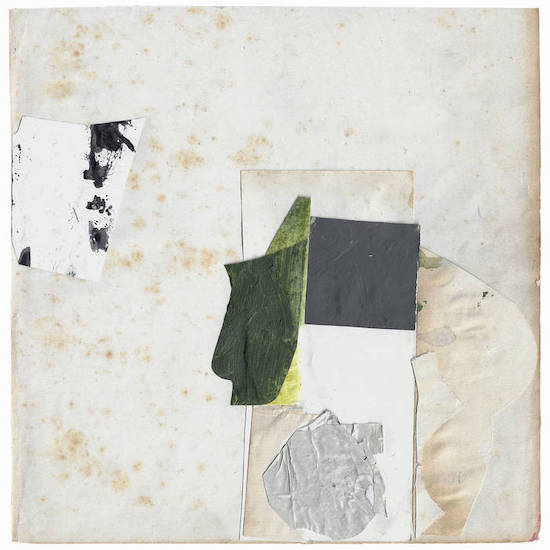On Everything Perfect is Already Here, Claire Rousay uses a mix of field recordings, electronics, piano and strings to create two dreamy pieces that harness both the darkness and sparks of life. The San Antonio-based musician has become known for her work that celebrates the minutiae of day-to-day life in home recordings and delicate melodies. Everything Perfect is Already Here continues along that path, highlighting casual conversations, the sounds of her surroundings and straightforward melodies while balancing deeper questions that arise about how to appreciate being alive.
Rousay layers but never melds each of the sounds she brings together on the album. Instead, each sound intertwines and then falls apart. On ‘it feels foolish to care,’ a backdrop of uncertain “ums” gives way to slow, melancholic piano and harp; those “ums” are eventually replaced by distant laughter as the piano and harp become more effervescent. By the end of the piece, the music reaches a boiling point and bubbles over, fading away in emphatic rhythm. In this fluidity, and constant coalescence that never quite becomes one, Rousay highlights how a plethora of emotions exist at once, and how it isn’t always easy to pick which one to live by.
Much of Rousay’s practice is about appreciating the small moments in life that can be easy to take for granted – your late-night laughs with friends, your daily walk along the river. Everything Perfect is Already Here again shines a light on how to begin to be more grateful for those routines, especially on the album’s title track, which broadly explores the topic of love. Here, floating strings, stilted scratches and mumbles unite and disintegrate like the waves of action in everyday life. As mumbles become phrases, certain words pop out more than others, like the phrase ”she’s perfect,” creating small snapshots of what it means to love and be loved. In music, Rousay wants to show us how something as powerful as love is simple at its core.
Rousay’s music is inherently personal: It’s her life we’re hearing, her perspective we’re privy to. But what makes her work so compelling is how each detail she chooses seems like it might relate to our own values and might help us seek our own answers. Characteristically, she doesn’t offer up any concrete solutions on Everything Perfect is Already Here. Instead, by listening to her music, and how she weighs every element with equal care, we’re able to stop and begin to find gratitude for the moments we might have once ignored, however fleeting they may be.


